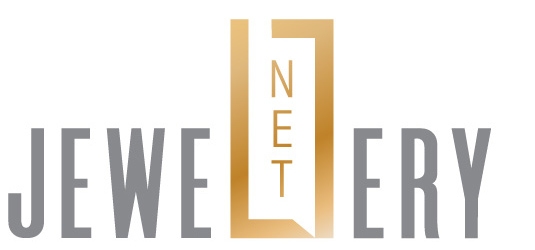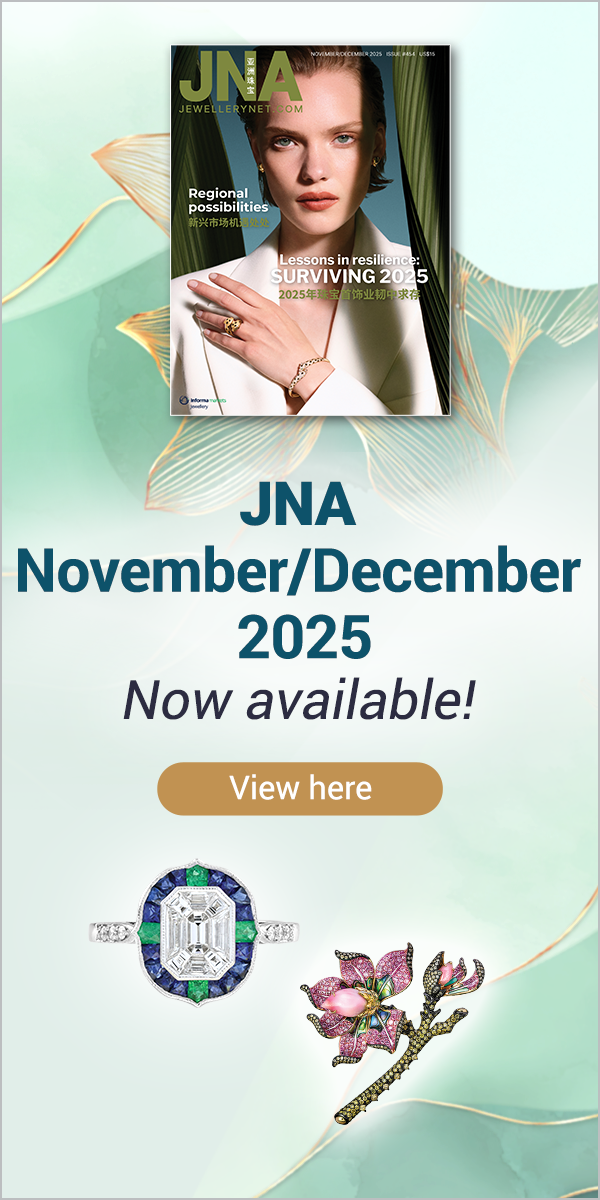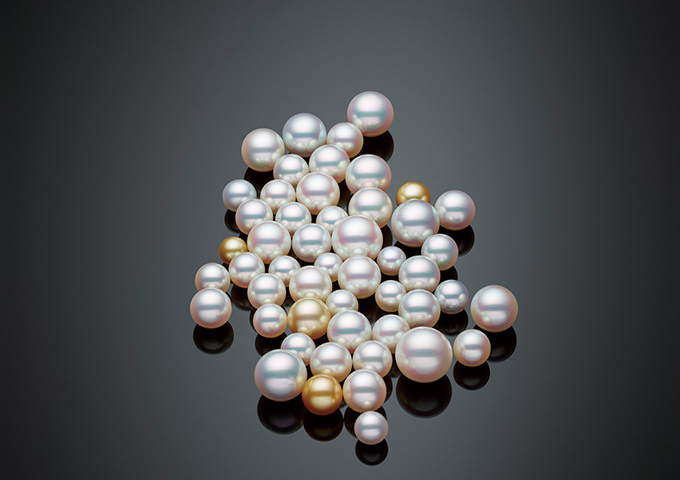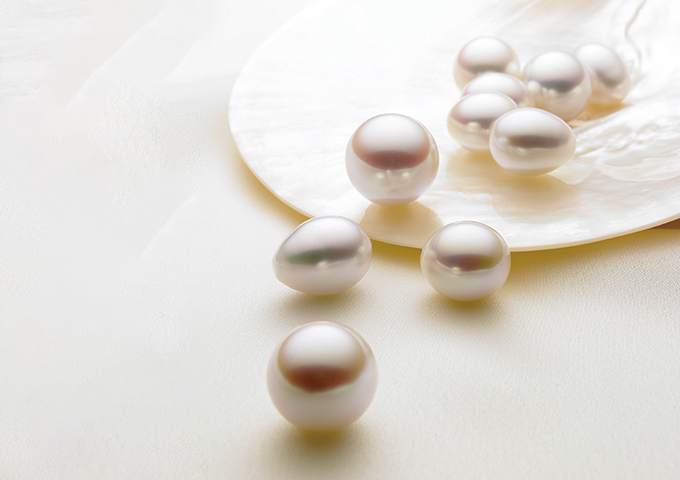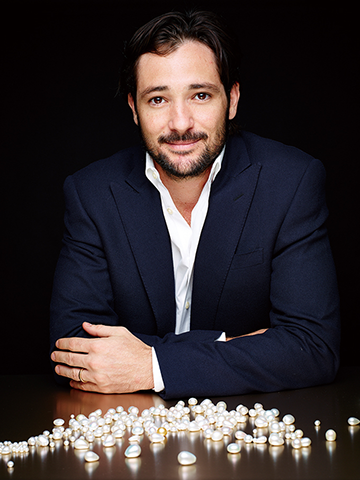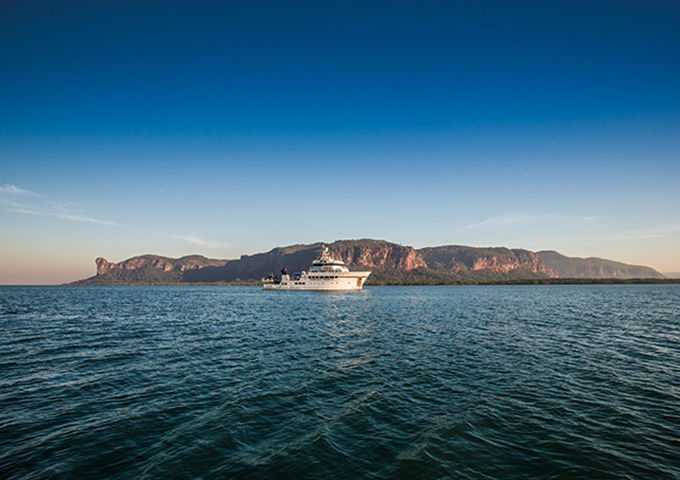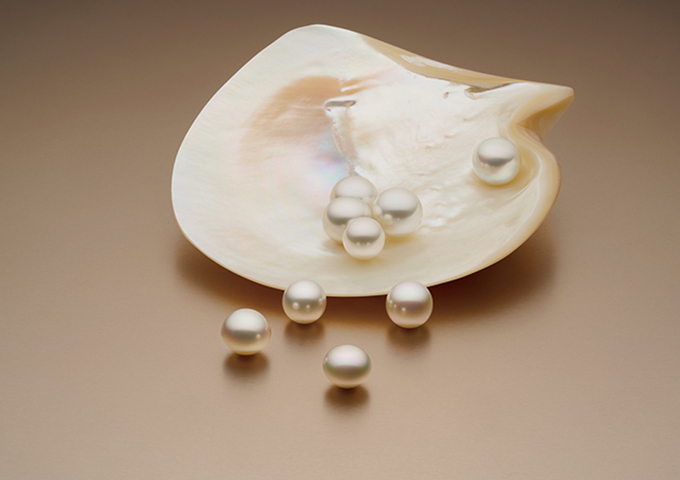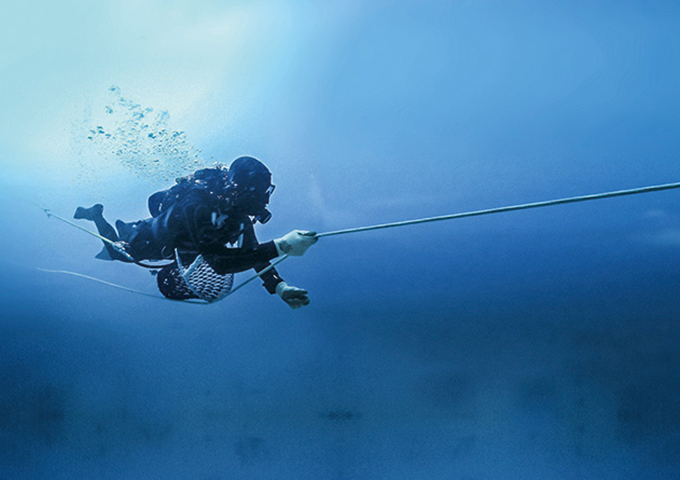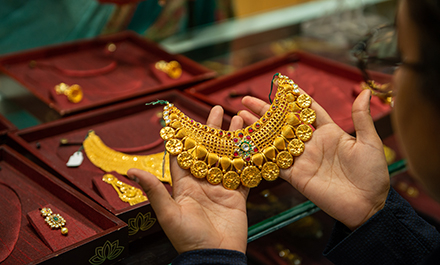Paspaley Pearling Company operates on the tenets of ethical business practices, innovation and relationship building. In an era of modernisation, the company banks on sound business practices for long-term growth.
Michael Bracher, executive director of Paspaley Pearling Company, sat down with Pearl Report to discuss the firm's strategic initiatives in 2019 and how these can further solidify its position in the global pearl sector.
Given Paspaley's rich pearling heritage, how can your products and services resonate with millennials and the Generation Z?
Paspaley is Australia's oldest pearling company. In the 1950s, our focus shifted to the development of pearl cultivation techniques suitable for Australia's giant South Sea pearl oyster. Our standards have since set industry benchmarks. We remain committed to continuous improvements and innovation.
The value of Paspaley pearls is a combination of rarity and quality. The quality of our pearls can largely be attributed to the type of oyster used and the environmental conditions on the north west Australian coast.
Customers come to Paspaley primarily for our exceptional pearls and contemporary jewellery designs. For example, our Lavalier collection is extremely popular with younger customers. However, ethical production is increasingly important to all consumers.
Paspaley is dedicated to environmental responsibility and sustainability. These have become fashionable concepts in recent years but they have been important to pearl producers for decades.
A pristine environment is essential to the production of fine-quality pearls and Paspaley has long been an advocate of protecting the seas off northern Australia. Paspaley divers collect wild oysters by hand from their natural habitat. This is an environmentally friendly and sustainable form of commercial fishing that causes no damage to the seabed and produces no wasteful by-catch.
The Australian pearl fishery is strictly regulated, resulting in pearl beds that are as healthy today as they were 150 years ago when the Australian pearl fishery was first discovered.
In 2016, we received certification from the Marine Stewardship Council (MSC), an internationally recognised marine conservation organisation. MSC's science-based benchmark is recognised as the gold standard in independent certification of sustainable use of wild marine fisheries. This certification is a first in the pearling industry. Third-party certification by organisations such as the MSC provides confidence in our claim of ethical and environmentally responsible production methods.
How does Paspaley benefit from a vertically integrated business model?
Our pearling operation encompasses pearl production, wholesale distribution, jewellery design, manufacturing and retail of branded jewellery. We apply the same principles of dedication to quality and innovation to each division. Vertical integration allows us to have full control of our products all the way to the consumer's hands, which gives us the best chance of creating a quality and distinctive product.
What is your growth outlook in 2019?
Our 2019 fishing season has already commenced and is going well in terms of the quality of shell we are finding. Of course, these oysters will not be producing their first pearls for a number of years but it bodes well for our production from 2021 and onwards.
We expect the 2019 harvest to be good in terms of quality but smaller in volume compared to 2018 due to the impact of several cyclones a number of years ago.
Demand in the last year has been good and improving. We expect demand to outweigh supply in the foreseeable future, which should see a continuing increase in prices for our products.
